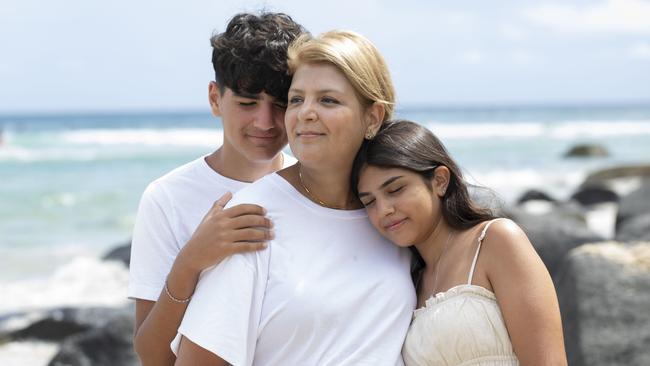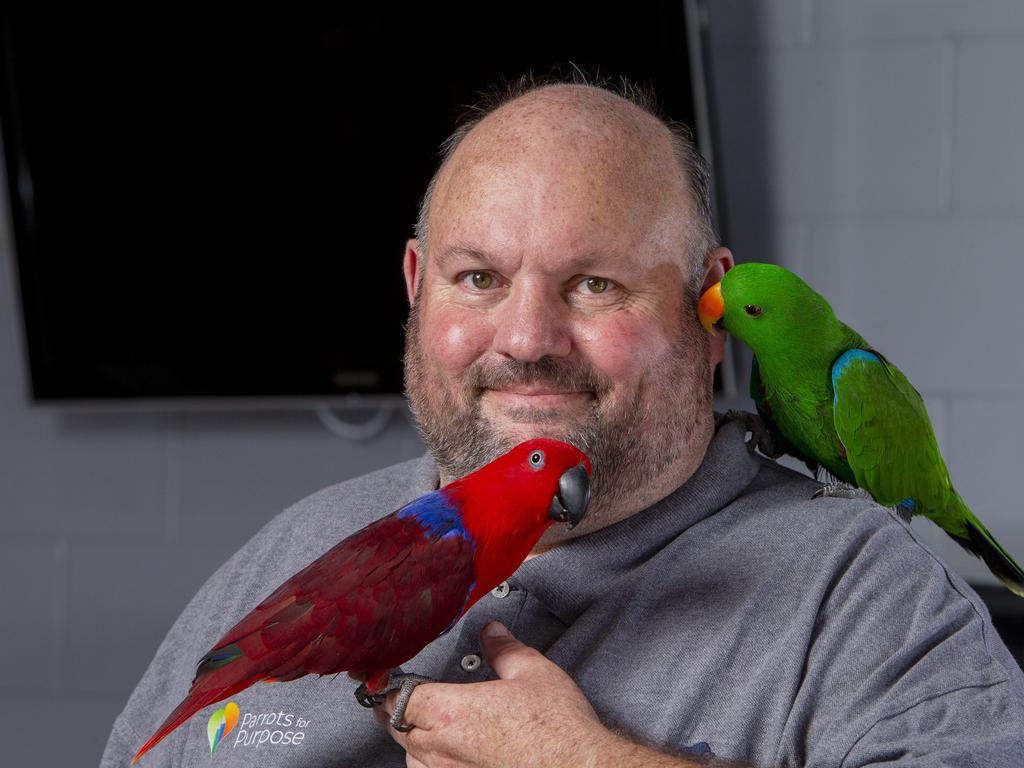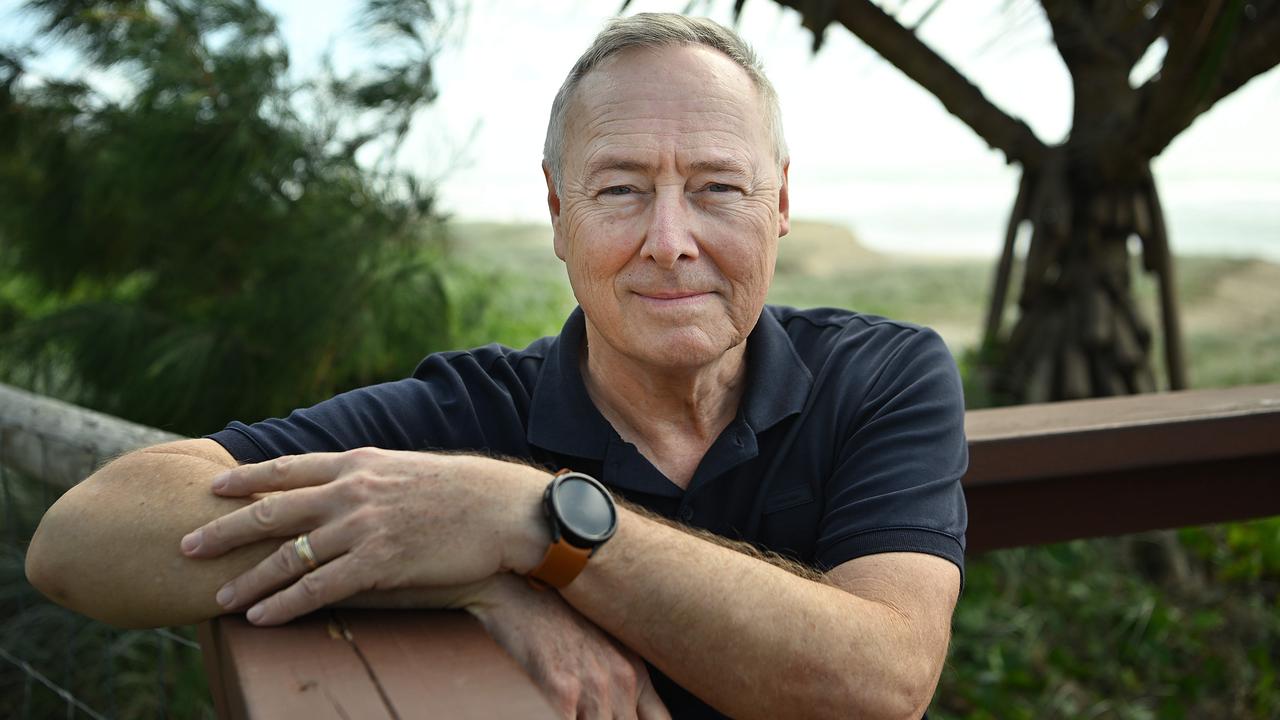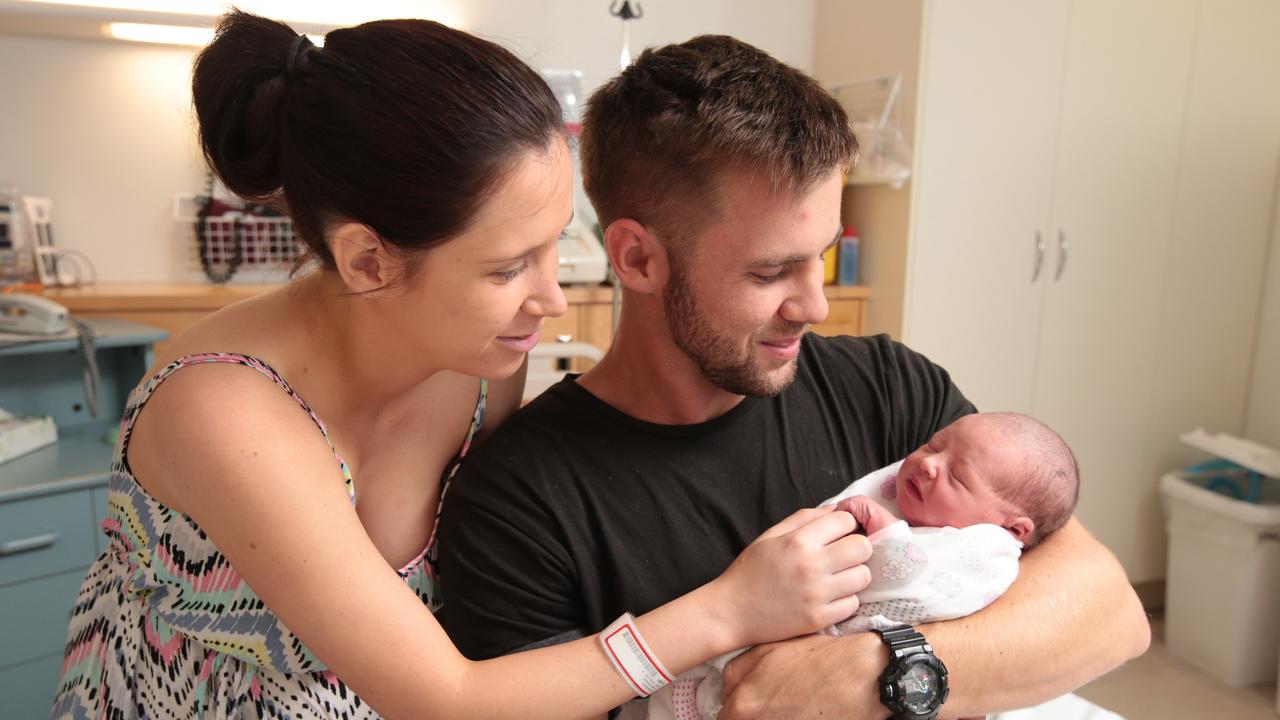New Australian discovery brings hope for breast cancer patients
An Australian discovery may hold the key to saving the lives of women with untreatable breast cancer after identifying a crucial molecular process that results in thousands becoming resistant to treatment.

A discovery by Australian scientists may hold the key to saving the lives of women with untreatable breast cancer after identifying a crucial molecular process that results in thousands of women becoming resistant to treatment.
Researchers have identified key DNA changes in cancer cells in women with endocrine resistant breast cancer, paving the way for the advancement of therapies that can reverse the epigenetic process that can stop hormone treatments from working.
Endocrine resistance is a major cause of breast cancer deaths and affects about 30 per cent of patients with oestrogen receptor positive (ER+) tumours, the most common variation in which tumour growth is activated by oestrogen.
Endocrine therapy is commonly used to suppress oestrogen in the body, which can slow or stop growth of these tumours, but some patients develop resistance to the hormone treatment and their tumours no longer require oestrogen to grow. These patients face a grim prognosis.
Now, scientists at the Garvan Institute of Medical Research have identified a process that can cause endocrine resistance, in a major discovery expected to lead to promising new treatment pathways for patients who currently have few options. More than 4000 women are diagnosed with endocrine-resistant breast cancer every year in Australia.
The researchers identified that a process known as DNA methylation, an epigenetic change that results in chemical “marks” being superimposed onto DNA, can cause endocrine resistance. These epigenetic patterns can result in a rewiring of the cancer cell’s DNA, altering its gene-expression profile.
The Garvan researchers’ findings were published in a scientific paper in the journal Nature Structural & Molecular Biology.
Susan Clark, head of the cancer epigenetics laboratory at Garvan and senior author of the paper, said: “We found that certain regions of the DNA had become methylated in the endocrine system cells, and that methylation actually prevented the endocrine drugs from working.
“So this was a novel finding because up until this discovery, it wasn’t appreciated that epigenetic changes were involved in the development of endocrine resistance in oestrogen-positive breast cancer.”
The researchers not only discovered the key to endocrine resistance; they also identified an existing therapy likely to be able to reverse the methylation process and prevent the endocrine resistance occurring in the first place. Using a low dose of the epigenetic therapy drug decitabine – currently used to treat some blood cancers and works by removing DNA methylation marks – the researchers significantly suppressed the growth of endocrine resistant breast tumours in mice.
In nine of out of 10 mice with endocrine resistant tumours that were administered with decitabine in Garvan’s animal studies, the tumours did not grow.
Researchers will now launch a clinical trial to test whether the animal findings translate to humans, a prospect Professor Clark believes is quite likely, especially given the drug is already proven to work to reverse epigenetic changes in blood cancers.
The Garvan researchers believe their findings could also have implications for other endocrine-resistant cancers driven by epigenetic changes. “The next stage of our research will be to test decitabine together with endocrine therapy, which could be even more effectively target this difficult-to-treat cancer,” Professor Clark said. “We hope that such a combination approach is a turning point that enables significantly better clinical outcomes.”
Mother-of-two Renee Chahine, who was diagnosed with locally advanced ER+ breast cancer three years ago at the age of 35, said the finding would give hope to many cancer patients who frequently feared the worst outcome. Ms Chahine, whose cancer is now in remission, did not develop endocrine resistance, but she is at high risk of recurrence.
“I live with the fear of recurrence every single day of my life,” said Ms Chahine, an ambassador for the National Breast Cancer Foundation.
“Knowing that this breakthrough has happened gives me so much joy. It gives me hope to keep going and that I can have dreams like everyone else, and I can think of a great future with my family. I always have the fear of my children growing up without a mum and that fear is every single day of my life, it doesn’t go away.
“I am so thankful for advancements in research like this. It gives me hope and I’m so thankful for those medical researchers that work so tirelessly to give women like me the hope that they can still be here and hopefully find a treatment to eradicate this disease completely.”
Professor Clark said the advancement in understanding of molecular processes that cause adaptation to the epigenetic patterns of cancer cell DNA was a new frontier in medicine that would open up significant opportunities for personalised treatment. “Understanding the molecular mechanisms that underpin cancer … is really critical to find new ways of being able to treat these rogue cells that find many different ways of being able to grow,” Professor Clark said.






To join the conversation, please log in. Don't have an account? Register
Join the conversation, you are commenting as Logout